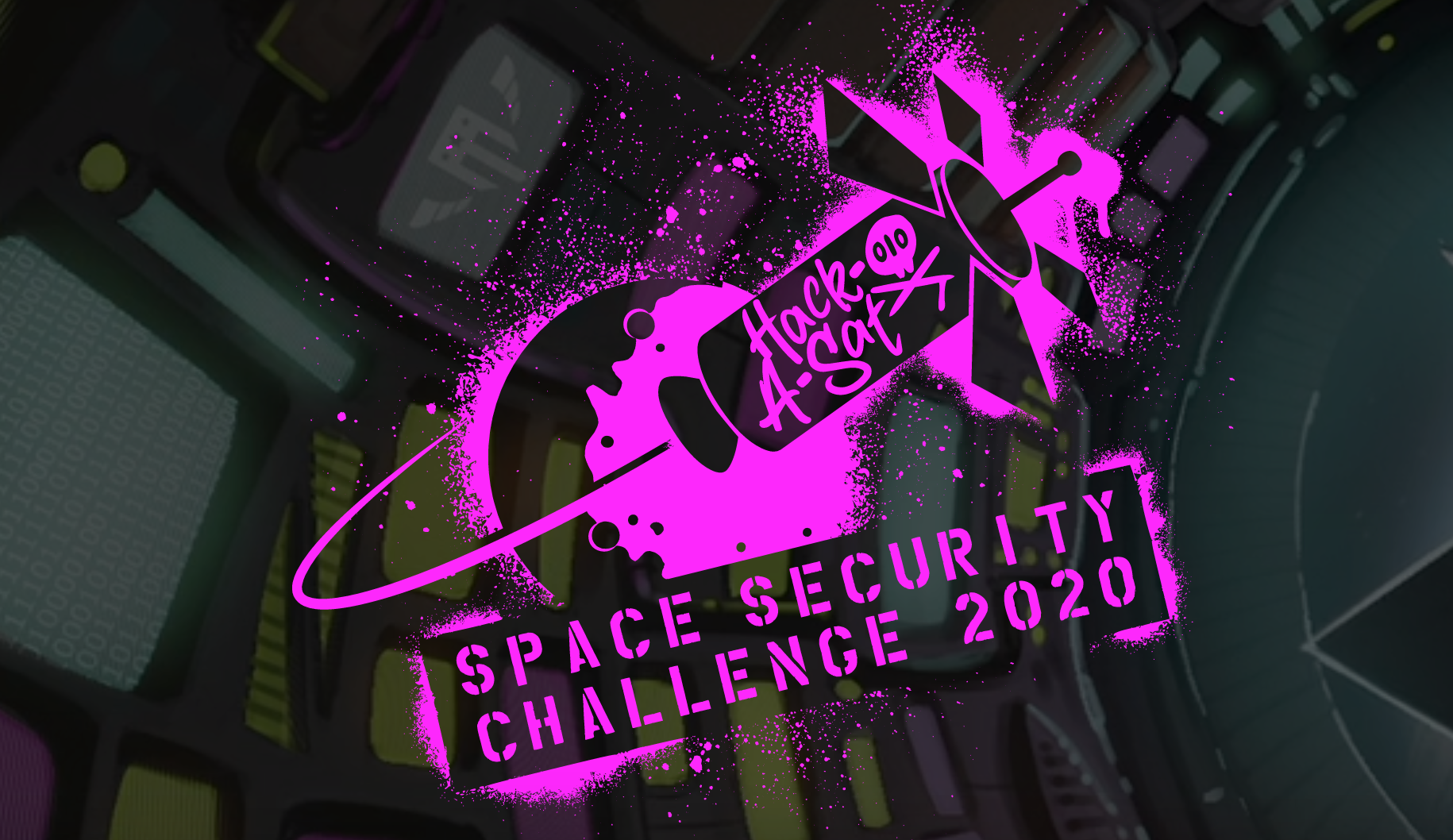US Air Force launches $50,000 satellite hacking challenge
Hack-a-Sat challenge will kick off on 22 May and is open to ethical hackers worldwide


The US Air Force is offering $50,000 to help shore up its satellite cyber security as part of an online challenge called Hack-A-Sat.
The event, which kicks off on 22 May with a final round set for August, has been developed in partnership with the US Defense Digital Service, the digital arm of the Department of Defense.
Due to the outbreak of COVID-19, the hackathon has been moved entirely online and aims to help improve cyber security safeguards ahead of the Pentagon's rollout of a satellite constellation network later this year.
The Hack-A-Sat challenge is open to hackers around the world and will begin with a 48-hour 'Capture the Flag' first-round. Participants will be given a set of challenges in one of several categories on a Jeopardy-style board. The first team to solve a challenge has the ability to unlock the next challenge in any given category, with each solved challenge resulting in the competitor retrieving a 'flag'. 'Redemption' of this flag by another team results in points being awarded to the challenger.
The final will be contested from 7 to 9 August where the top three constants will have the chance to attempt to hack a virtualized satellite and win $50,000, with $30,000 awarded to second and $20,000 for third.
"The democratization of space has opened up a new frontier for exploration and innovation," the Hack-A-Sat website reads. "But with this opportunity, new cyber security vulnerabilities are also being created. One human can design, build and launch a satellite, adhering to very few standards and security protocols. So how can we achieve safe, reliable and trustworthy operations to truly realize the promise of space? ...by hacking a satellite."
The event takes place at the virtual Aerospace Village at DEFCON, which will also host workshops for satellite hacking and avionics.
Sign up today and you will receive a free copy of our Future Focus 2025 report - the leading guidance on AI, cybersecurity and other IT challenges as per 700+ senior executives
Bobby Hellard is ITPro's Reviews Editor and has worked on CloudPro and ChannelPro since 2018. In his time at ITPro, Bobby has covered stories for all the major technology companies, such as Apple, Microsoft, Amazon and Facebook, and regularly attends industry-leading events such as AWS Re:Invent and Google Cloud Next.
Bobby mainly covers hardware reviews, but you will also recognize him as the face of many of our video reviews of laptops and smartphones.
-
 What security teams need to know about the NSA's new zero trust guidelines
What security teams need to know about the NSA's new zero trust guidelinesNews The new guidelines aim to move an organization from discovery to target-level implementation of zero trust practices
-
 Amazon's OpenAI investment points to troubled waters for the hyperscaler
Amazon's OpenAI investment points to troubled waters for the hyperscalerNews The hyperscaler is among a number of firms targeting investment in the company
